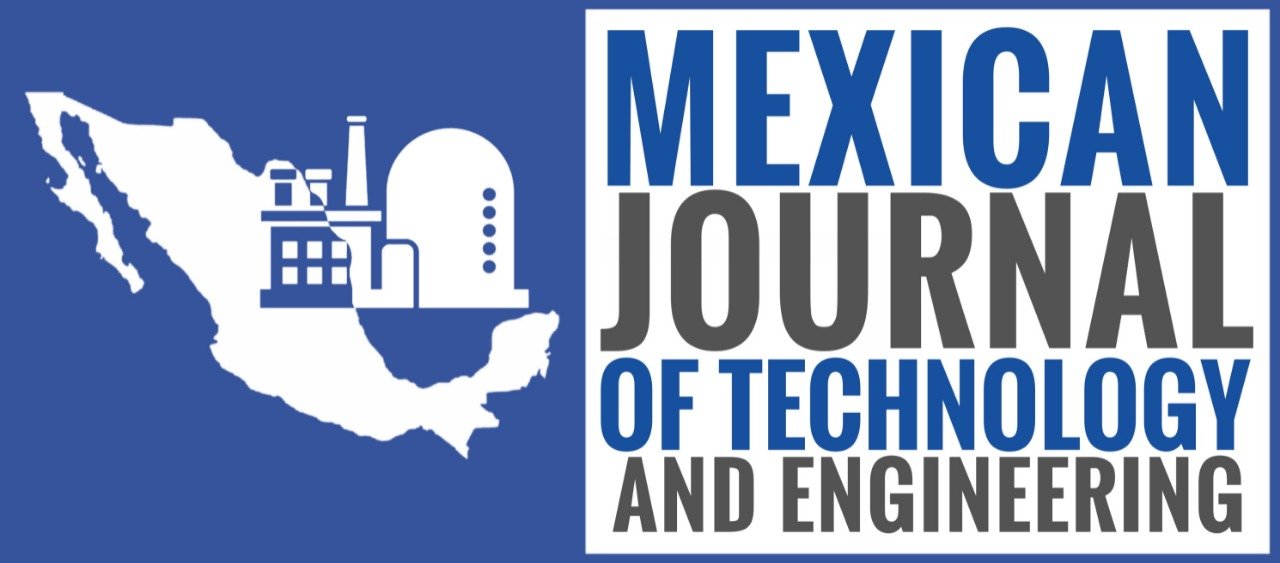DESARROLLO DE BIORREFINERÍAS PARA EL MANEJO SOSTENIBLE DE LIRIO ACUÁTICO (Eichhornia crassipes) EN LOS CANALES DE XOCHIMILCO
DEVELOPMENT OF BIOREFINERIES FOR THE SUSTAINABLE MANAGEMENT OF THE WATER LILY (Eichhornia crassipes) IN THE CHANNELS OF XOCHIMILCO
Autor(es): E. Favela-Torres
Fuente: Mexican Journal of Technology and Engineering, Vol. 2, No. 1, pp. 4-13.
DOI: https://doi.org/10.61767/mjte.002.1.0413
Resumen
El lirio acuático es una planta invasiva que genera problemas en actividades de turismo, pesca, generación de energía eléctrica y, sobre todo, afecta los ecosistemas en los que está presente en abundancia. En este documento se presentan dos estrategias de manejo sustentable de lirio acuático, que resultaron de las actividades realizadas durante la ejecución del proyecto “Desarrollo de biorrefinerías para el manejo sostenible de lirio acuático (Eichhornia crassipes) en los canales de Xochimilco” financiado por la Secretaría de Educación, Ciencia, Tecnología e Innovación de la Ciudad de México. Las actividades de dicho proyecto se realizaron del 1 de noviembre de 2019 al 30 de julio de 2022. El objetivo del proyecto fue “Diseñar, construir y operar una biorrefinería de lirio acuático que se localizará en el Centro de Investigaciones Biológicas y Acuícolas de Cuemanco”. Esta biorrefinería podrá servir como “vitrina” para su replicación en otros sitios de las alcaldías aledañas a Xochimilco. Cómo resultado del proyecto se desarrollaron estrategias de manejo sustentable de lirio acuático. La primera estrategia de alcance “local” propone el manejo de 500 a 1000 kg de lirio fresco por semana para la producción de composta, lombricomposta y material absorbente. La segunda estrategia de alcance “regional” propone el manejo de 5 a 50 o más toneladas de lirio fresco por semana para la producción de composta, lombricomposta, material absorbente y biogás. En ambos casos, el propósito fundamental es reducir significativamente los problemas asociados a la presencia excesiva del lirio acuático en cuerpos de agua a través de estrategias para su manejo sustentable.
Palabras clave:malezas acuáticas, manejo sustentable, valorización.
Abstract
The water lily is an invasive plant that causes problems in tourism activities, fishing, and electricity generation and, above all, affects the ecosystems in which it is highly present. This document presents two strategies for the sustainable management of water lily, which resulted from the activities carried out during the execution of the project “Development of biorefineries for the sustainable management of water lily (Eichhornia crassipes) in the channels of Xochimilco” financed by the Secretariat of Education, Science, Technology, and Innovation of Mexico City. The project activities were carried out from November 1, 2019, to July 30, 2022. The objective of the project was “Design, build and operate a water lily biorefinery that will be operated in the Cuemanco Biological and Aquaculture Research Center”. This biorefinery may serve as a “showcase” for its replication in other sites in the municipalities surrounding Xochimilco. As a result of the project, sustainable management strategies for water lilies were developed. The first “local” outreach strategy proposes the management of 500 to 1000 kg of fresh lily per week to produce compost, vermicompost, and absorbent material. The second “regional” scope strategy proposes the management of 5 to 50 or more tons of fresh lily per week to produce compost, vermicompost, absorbent material, and biogas. In both cases, the fundamental purpose is to significantly reduce the problems associated with the excessive presence of the water lily in bodies of water through strategies for its sustainable management.
Keywords: Aquatic weeds, sustainable management, valorization.
Referencias
Abdelhamid AM y Gabr AA Evaluation of water hyacinth as feed for ruminants”, Archives of Animal Nutrition. 1991, 41 (7/8), 745–756.
Gunnarsson CC y Mattsson PC. “Water hyacinths as a resource in agriculture and energy production: A literature review”, Waste Management. 2007, 27: 117-129.
Méndez-González F, Pichardo-Sánchez A, Espinosa-Ramírez BH, Rodríguez-Durán N, Bustos-Vázquez G y Rodríguez-Durán LV. Valorization of non-native aquatic weeds biomass through their conversion to biofuel, en Ríos González JL, Medina-Morales MA, Rodríguez-de-la-Garza JA y Aguilar CN (editores), Consolidated processes: bioenergy, biomolecules and biomaterials, Florida, Apple Academic Press. 2021, pp 271-282.
Vargas-Soto JE, Vargas-Soto JL y Vargas-Soto JC. Lirio acuático procesado y acondicionado alternativa en la generación de energía. 2017, OMPI WO 2007/094651 A1.
